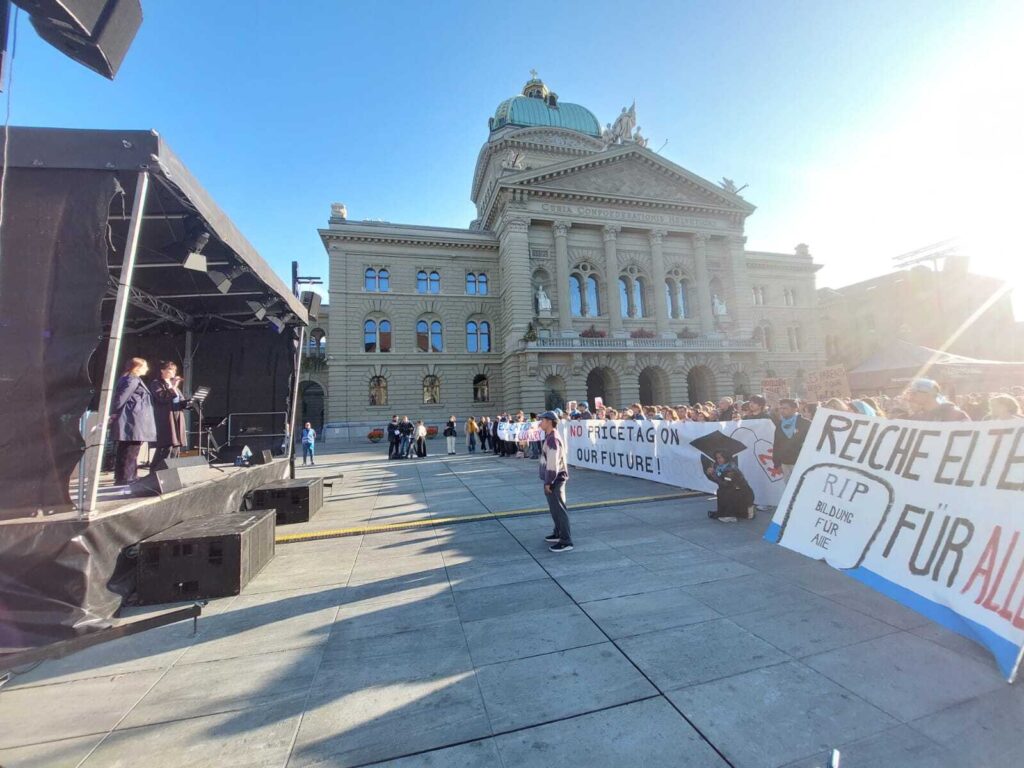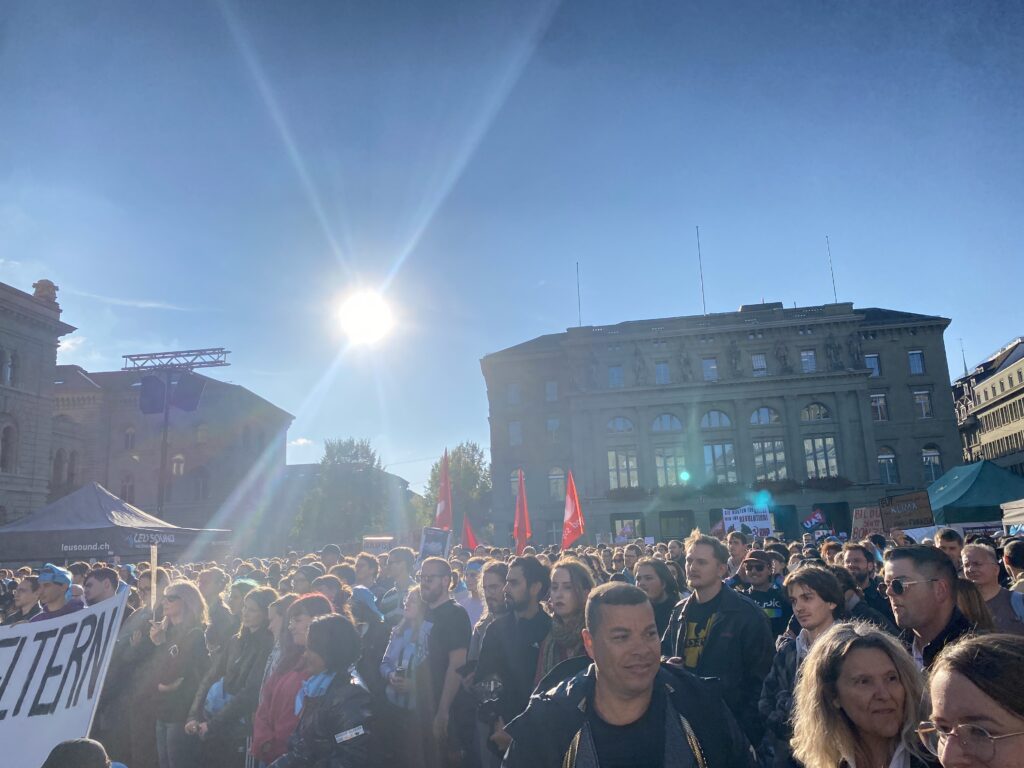Our Eurodoc Conference and AGM 2021 is approaching fast and we are looking forward to seeing you all there (http://www.eurodoc.net/conference-agm-2021).
We are looking for interested and enthusiastic candidates for the seven administrative board positions:
– President = leads the organisation and represents Eurodoc legally and officially
– Vice-President = supports and takes over from the president when necessary
– Treasurer = responsible for the organisation’s finances and financial transactions
– Secretary = responsible for communication and archives and tracking activities
– 3 x General Board Member = choice of topics such as the Annual Questionnaire
We are also looking for interested and enthusiastic candidates for our secretariat for possible positions:
– Secretariat-Coordinator = coordinates activities of secretariat members and liaises with the board
– Financial Controller = critically checks the finances and financial transactions and financial reports
– Policy Officer = writing and contributing to policy statements and reports, representative in Initiative for Science Europe (ISE)
– Legal Officer(s) = responsible for reviewing contracts and agreement with Stakeholders and internal Governance; managing personal data and images
– Data Manager= responsible for internal data management and storage of data and documents
– Skills Officer = responsible for developing skills policies and liaising with our skills stakeholders
– EOSC Officer = responsible for developing EOSC and cloud policies and liaising with EOSC stakeholders
– Council of Europe officer = responsible for supporting the Eurodoc delegation at the Council of Europe
– BFUG Officer(s) = responsible for collaboraboration with Bologna Follow-up Group (BFUG)
– External Communication Coordinator = responsible for liaising with the board, coordinating the activities of the communication team, and issuing press releases
– Social Media Officer = responsible for messaging and interacting via our social media channels
– Newsletter Officer = responsible for collecting and publishing content in our monthly newsletter
– Language Officer = native English speaker responsible for checking and correcting Eurodoc texts
– Webmaster = responsible for maintaining and backing up the Eurodoc website
– Working Group Coordinator = coordinates activities in a specific working group, such as Open Science
We selected 12 working groups which will need coordinators (and members) for activities and policies of the next term:
– Democracy-Sustainability = discussing and monitoring policies on academic freedom; discussing approaches of sustainability in research and academia
– Doctoral Training = discussing and developing policies on doctoral training and skills development
– Equality = discussing and developing policies on equality with a focus on gender, ethnic and cultural diversity, and special needs
– Finance = a closed working group (i.e., Eurodoc members only) focusing on Eurodoc finances and funding
– Governance = a working group (i.e., Eurodoc members only) on Eurodoc governance and regulations
– Employment & Careers = discussing policies on employment status and conditions, and career development
– Interdisciplinarity = discussing and developing policies on improving interdisciplinary collaboration
– Mental Health = discussing and developing policies to raise awareness and improve mental health
– Mobility = policies on mobility with a focus on intersectoral and geographic mobility and brain drain
– Open Science = policies on Open Science with a focus on Open Access and -Data, and Citizen Science
– Policy Research = discussing and developing general policies for early-career researchers and Eurodoc
– Research Integrity and Assessment = discussing and developing policies on research assessment, research integrity and integrity projects
See our Eurodoc statute for more information on our organisation and legal regulations and positions:
[http://eurodoc.net/eurodoc/eurodoc-statute]
Note that all positions are voluntary: work is not financially rewarded but some costs might be covered.



